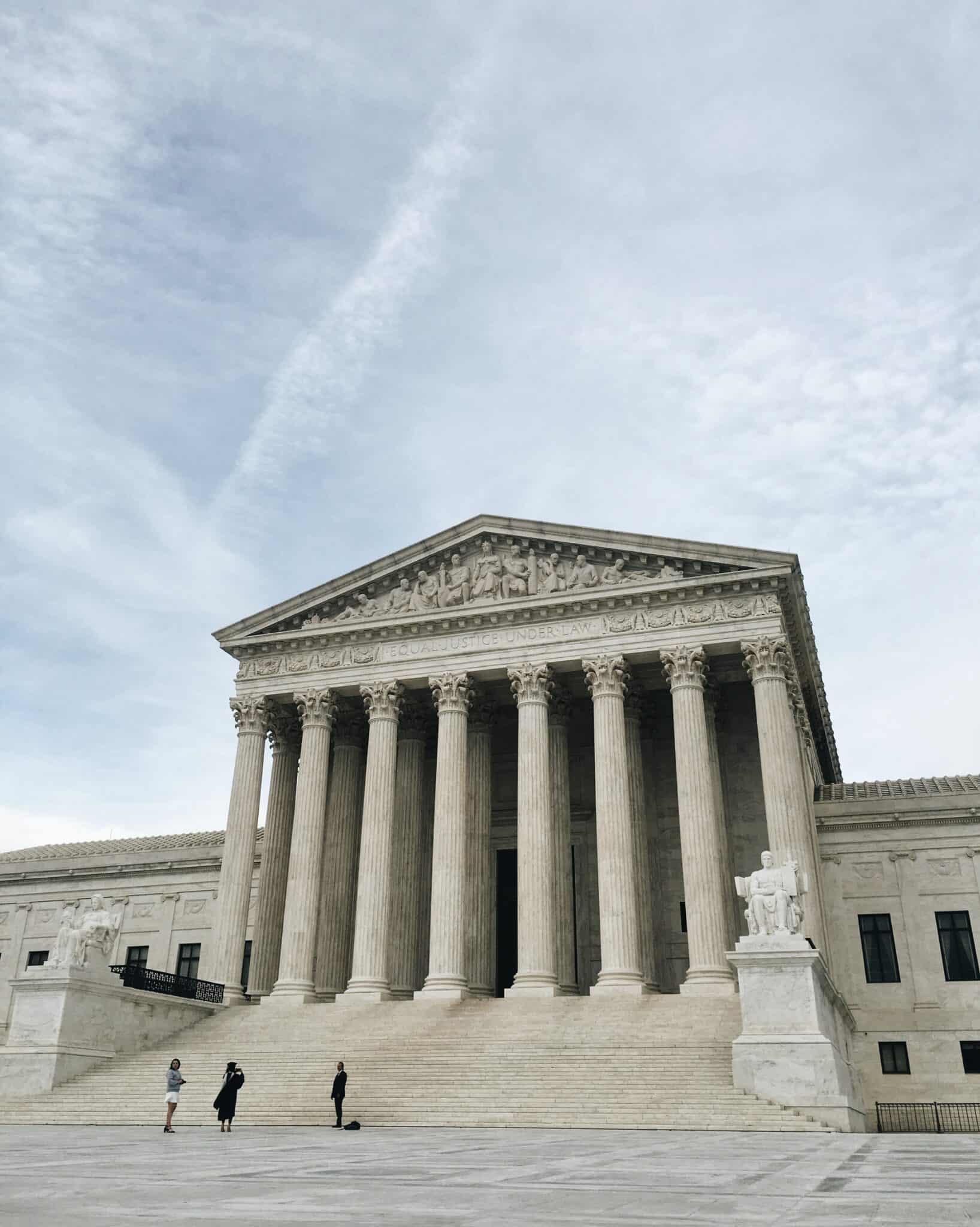Divya Nimmagadda is a student at Harvard Law School.
A federal judge in the district court for D.C., Judge Beryl Howell, heard arguments yesterday in the case – Wilcox v. Trump – brought by Gwynne Wilcox against the administration, challenging her removal from the NLRB. Reports state that Judge Howell appeared “skeptical” of the Trump administration’s interpretation of Humphrey’s Executor, a 90-year old precedent that helped establish the legality of independent agencies. As discussed earlier on this blog, the outcome of this case could dictate the future viability of independent agencies – a reality that Judge Howell acknowledged during the hearing, stating that “I realize for both sides this court is merely a speedbump to get to the Supreme Court.” The Trump administration is not outwardly calling for an overruling of Humphrey’s, but is rather arguing that the precedent is inapplicable because the NLRB is wielding executive power, rendering any removal protections outside the shield of Humphrey’s. However, despite the acknowledgement of an inevitable appeal, Judge Howell expressed doubt towards this argument: “The theory that has been pressed…is basically saying Congress doesn’t even have the power to set some conditions on the removal power at all. It’s up to presidential whims.” In another case, Dellinger v. Bessent, which is a challenge to the administration’s removal of Hampton Dellinger from his position as head of the Office of Special Counsel, a D.C. district court issued a temporary restraining order reinstating Dellinger for two weeks; the Supreme Court approved of the order, but noted that they may return to the issue upon its expiration.
Earlier this week, FTC Chair Andrew Ferguson announced a “Joint Labor Task Force” that would focus on anti-competitive behavior harming workers. This is a continuation of the Biden administration’s antitrust focus on labor markets – for example, the Biden FTC banned noncompete agreements, and issued new guidelines that drew more focus to labor implications of merger activity. Chair Ferguson, in his memo describing the task force, listed various focus areas, such as non-compete clauses and no-poach agreements. The memo also calls out DEI initiatives as an area of focus, noting that “collusion or unlawful coordination on DEI metrics…may have the effect of diminishing labor competition by excluding workers from markets, or students from professional training schools, on the basis of race, sex, or sexual orientation.”






Daily News & Commentary
Start your day with our roundup of the latest labor developments. See all
July 4
The DOL scraps a Biden-era proposed rule to end subminimum wages for disabled workers; millions will lose access to Medicaid and SNAP due to new proof of work requirements; and states step up in the noncompete policy space.
July 3
California compromises with unions on housing; 11th Circuit rules against transgender teacher; Harvard removes hundreds from grad student union.
July 2
Block, Nanda, and Nayak argue that the NLRA is under attack, harming democracy; the EEOC files a motion to dismiss a lawsuit brought by former EEOC Commissioner Jocelyn Samuels; and SEIU Local 1000 strikes an agreement with the State of California to delay the state's return-to-office executive order for state workers.
July 1
In today’s news and commentary, the Department of Labor proposes to roll back minimum wage and overtime protections for home care workers, a federal judge dismissed a lawsuit by public defenders over a union’s Gaza statements, and Philadelphia’s largest municipal union is on strike for first time in nearly 40 years. On Monday, the U.S. […]
June 30
Antidiscrimination scholars question McDonnell Douglas, George Washington University Hospital bargained in bad faith, and NY regulators defend LPA dispensary law.
June 29
In today’s news and commentary, Trump v. CASA restricts nationwide injunctions, a preliminary injunction continues to stop DOL from shutting down Job Corps, and the minimum wage is set to rise in multiple cities and states. On Friday, the Supreme Court held in Trump v. CASA that universal injunctions “likely exceed the equitable authority that […]